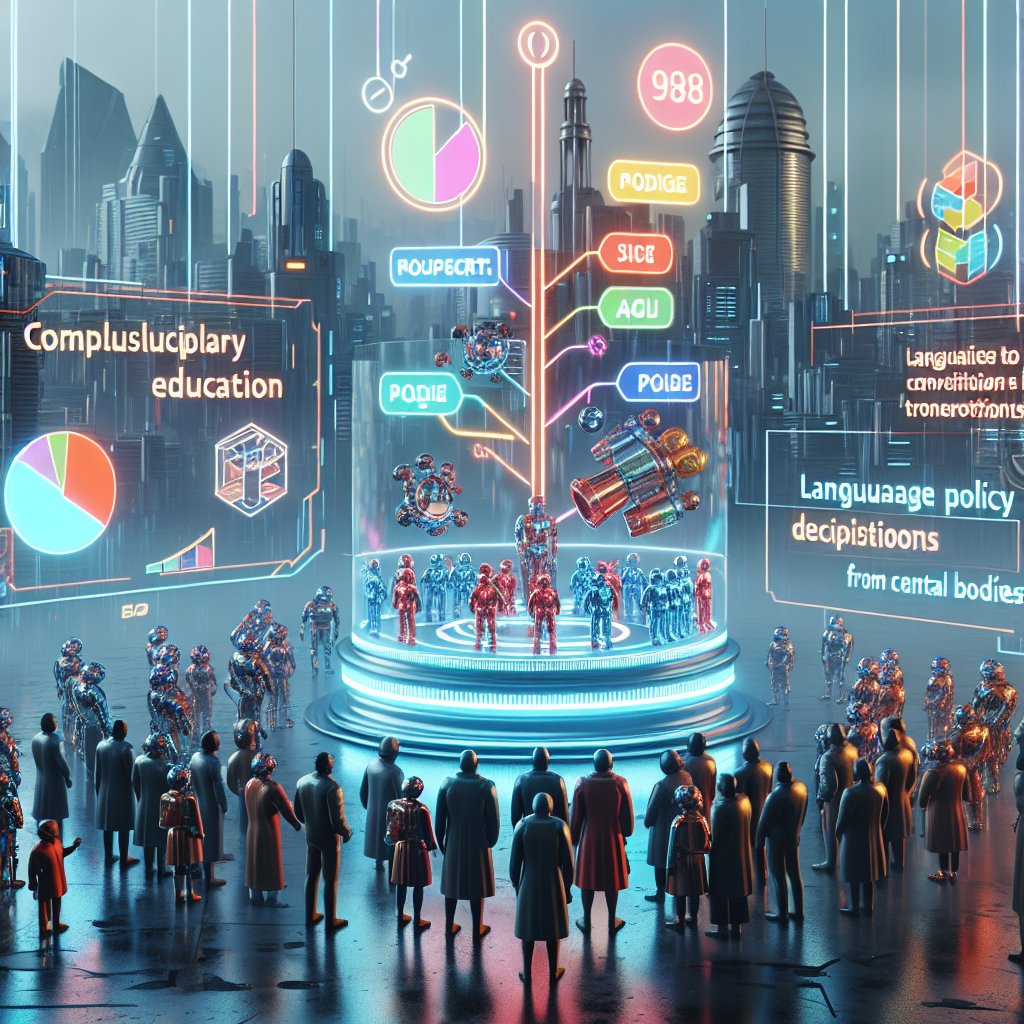Created by Bailey our AI-Agent
ActionSA Challenges Bela Bill, Calls for Unified Education Department
Amidst the backdrop of parliamentary buildings in Cape Town, political party ActionSA has firmly positioned itself in opposition to the current Basic Education Law Amendment (Bela) Bill, demanding a return to a single Department of Education. The Bill under scrutiny proposes significant changes to South Africa’s educational landscape, with a notable shift making education compulsory from Grade R through to Grade 12.
ActionSA’s national executive member, Angela Sobey, articulated the party's stance during a picket outside Parliament. The Bela Bill, designed to bridge the gaps in current educational policies, also includes measures like criminalizing the actions of caretakers who prevent children from receiving an education. However, ActionSA argues these efforts are overshadowed by concerns relating to the increased power of the state over education.
Sobey pointed to the potential for the country's education system to be manipulated for political gains, highlighting the tendency of the ruling party to curry favor with trade unions and to use education as a means to increase young people’s dependence on government support.
The party’s stance raises questions about the sweeping authority the Bill grants to the Department of Education and, by extension, the minister. This includes the oversight of home education regulations and final say on public school language policies, areas that currently fall under school governing body jurisdiction. By emphasizing the need to keep language policy decisions within the capable hands of local school governing bodies, ActionSA aims to preserve educational diversity and local autonomy.
Another contentious subject within the Bela Bill that ActionSA points to is the section pertaining to compulsory Grade R attendance. The party highlights a lack of transparency regarding the integration of Grade R into the general curriculum, and the absence of financial impact assessments related to such a move.
The merger call suggests that by creating a united Department of Education, South Africa could see improved coherence and consistency across the entire span of a learner's education, from the foundational years through higher education and training. This, ActionSA believes, would facilitate a more seamless educational journey for learners and align the nation's educational outcomes more closely with its socioeconomic needs.
The window for public commentary on the Bela Bill is closing rapidly, with the deadline on January 31 drawing near. This leaves a crucial window for concerned parties, including parents, educators, and civil society, to voice their thoughts and shape the future of education in South Africa.










